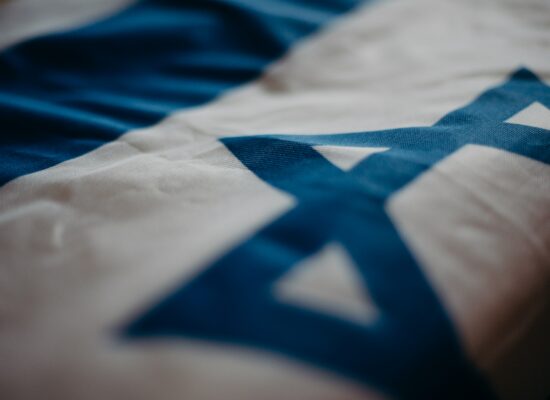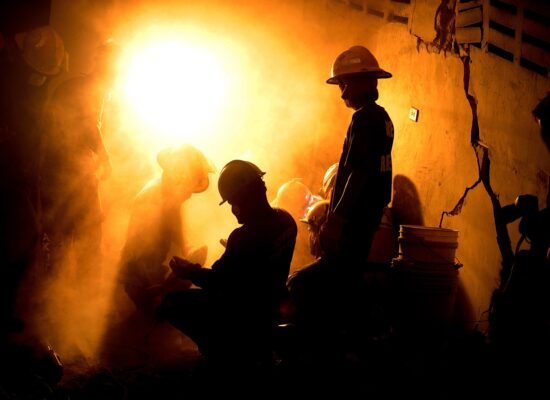A personal report from Marcel Hagens.
Between 2009 and 2016 I spent a lot of time in Afghanistan. I do not claim to be an expert or to know it all but during my visits I had the opportunity to spend time in Herat, Kabul, the Panjshir Valley, Kandahar, & Uruzgan. I Spent time in military camps and HQ’s, was invited into private homes, lived in Hotels and talked with and mostly listened to ISAF generals & soldiers, (inter)national journalists, Afghan ministers, military, police, warlords, students, farmers, professors, taxi drivers, business owners, NGO’s, bankers, civil servants, airline owners & ambassadors to many western countries. I also was invited to speak on several Afghan Reconstruction summits held in Istanbul and Dubai.
The first thing you need to know about Afghanistan is that I never came across a more friendly and hospitable people as the Afghans I met. Where ever I came I was met with a smile and the inevitable tea, more often than not I was asked to share a meal even though they themselves struggled on a daily base to feed their families and I learned not to compliment them on whatever they were wearing or had in their house because they would insist on you accepting it as a gift.
This was not at all what I came to expect reading about Afghanistan and watching CNN, BBC and Dutch TV before I first visited, and this immediately triggered my curiosity. If the image of the Afghan people painted in the western press was so far away from my own experience what else could there be different?
Based on my experience and well documented sources I will try to provide some historical background and put the events of last few days into perspective of the past 20 years.
7 Current myth’s about Afghanistan uncovered:
- The west was surprised by the speed of the Taliban offensive.In 2001 it took the US and allied forces exactly 60 days (2 month’s) from the first air bombardment to achieve the full capitulation of Taliban forces. The Taliban offensive in 2021 started in May and ended on August 16th that is 108 days (3,5 months)
- October 11th 2001 President G.W. Bush told the world “The US will fight a war against all those who seek to export terror, and a war against those governments that support or shelter them” in November he added “if you sponsor terrorists or do business with them you do not do business with the USA”. Although Al-Qaeda is a terrorist organization founded by Saudi Arabians, most 9/11 attackers were from Saudi Arabia and several financial links were tracked back to Saudi sources, Bin Laden lived in Pakistan when he was found and Taliban fighters moved freely in and out of Pakistan and the role of Iran in this conflict is even more complex (first supporting the fight against Taliban and later joining the Taliban in the fight against the USA) these nations never experienced the “full force of the US military” or even serious political repercussions.
- The huge ANA fighting force sometimes only existed on paper. On several occasions it was determined that complete battalions of ANA only existed on paper, even their alleged base did not exist. corrupt officers and politicians „invented“ complete military units to collect the money for food and salaries. It also was not uncommon that the names of soldiers who were killed in action or deserted remained on the list of active serving military. Sometimes to collect money but sometimes also in order to not alarm the politicians about the staggering losses the ANA encountered in the fight against the Taliban.
- Kabul fell without a fight.When you are supposed to fight for your capital and government you would expect that government to stand its ground by your side. Night is falling and the enemy is closing in, In the morning you wake up and find your president has left the country and your allies (NATO) both military as civilian embassy staff are also running for the door. Who are we to judge these Afghans when they also choose to survive. (for now)
- Opportunistic tradition. The Afghan tribal history shows that more than once whole fighting militias shift sides during a conflict. Loyalties lie with the strongest force, you do what is needed to survive and live to fight another day. Afghans do not have watches, they have time. They are capable of accepting being ruled by their enemy while, in truth, never giving up the desire to kill and defeat them at the first opportunity. It was clear to see for everyone who knew where to look on the footage of “Taliban” in the presidential palace and on the streets of Kabul. Taliban fighters preferring, US made, modified M4 rifles while showing an amazing “trigger finger discipline” over the traditional and easy to operate AK47. These men did not receive their weapons training from some mullah in a cave in Tora Bora.
- The Afghan war is the longest war the US ever fought.The Korean war started in 1950 and till today has not officially ended although no recent major combat operations have been reported since the DMZ crisis 1965-1969.
- The US cannot stay and support a country that is not willing and capable to fight for themselves.
- US presence in Korea is estimated at 27.500 soldiers and their withdrawal would provoke an immediate communist invasion.
- After WWII in 1945 the US kept a military presence in both Japan and Germany to first ensure peaceful transition to a new government and secondly assist with protection against potential Soviet and Chinese aggression. In 2021 still it is estimated at 37.500 soldiers in Germany and 48.500 in Japan.
- NATO mission KFOR has been in Kosovo since 1999. Today 3.500 NATO troops (including US) still deter renewed hostility and threats against Kosovo by Yugoslav and Serb forces.
The US and NATO in Kosovo take decades and almost unlimited funding to (re)build war torn economies and governmental structures after a complete capitulation of their enemy in Germany & Japan, with the proven economic and social success of those nations to support that approach.
Since that time the US and their allies have proven to be governed by short term political motivated mandates and goals and unclear rules of engagement with mostly strategic failures as a result:
1955 – 1975 Vietnam war with the fall of Saigon to the communist North
1990 – 1991 First Gulf war with the resurrection of Saddam Hussein leading to a return during the
2003-2011 second Gulf War where the US declared victory in 2011 and with drew all troops but the complete dismantling of civil services and the Iraqi Army caused the rise of ISIL and the need to return in 2014 to combat ISIL.
Afghanistan: Background information
Find here the full article with much more background information and context:
Afghanistan 2001-2021: Why is the West acting so surprised





